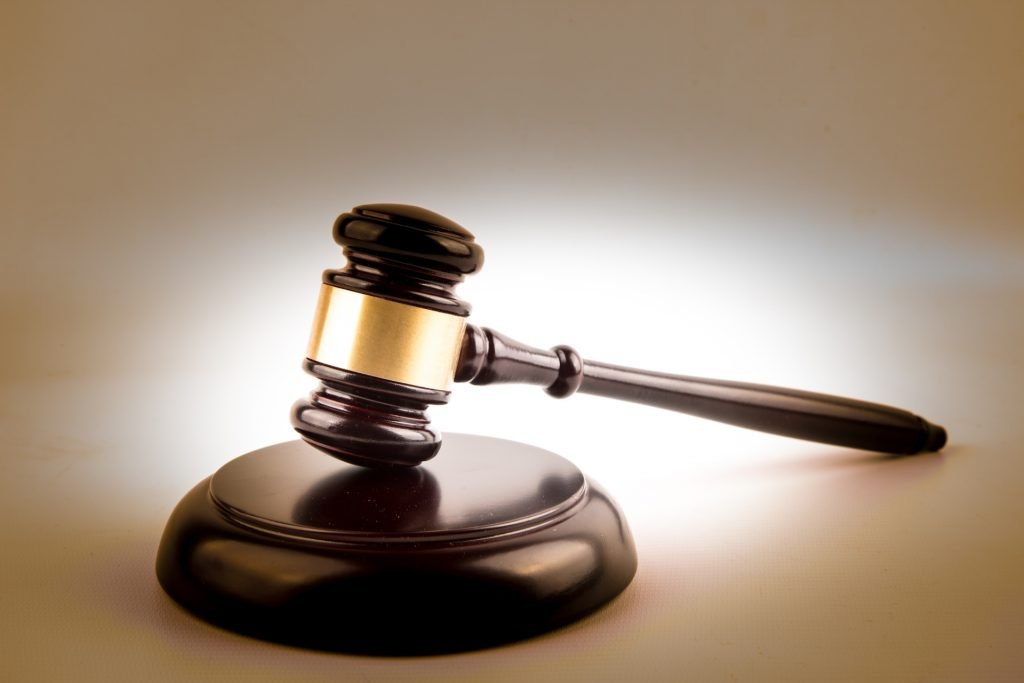Appeal Court to rule on sexual harassment case against woman

THREE Appeal Court judges will decide whether the Equal Opportunity Tribunal was wrong to dismiss the sexual-harassment complaint of a man who took offence at being slapped on the buttocks and being called “bae” and “hot” by a woman at his workplace.
Justices of Appeal Alice Yorke-Soo Hon, Nolan Bereaux and Prakash Moosai reserved their decision in the appeal of Rishi Persad-Maharaj challenging the EOT’s decision to throw out his complaint in 2019, on the basis that the Equal Opportunities Act (EOA) did not provide for complaints on the ground of sexual harassment.
Maharaj, who worked as a customer service/quality assurance co-ordinator, filed the case against the Cascadia Hotel Ltd. He claimed he was employed there on September 4, 2014 and terminated on October 5 the next year.
Between March and September 2015, he claimed the woman, his director of operations, used inappropriate words such as "sexy," "baby," "hot" and "bae." She even slapped him on the buttocks and pinched his waist.
On November 17, 2015, he lodged his complaint with the Equal Opportunity Commission (EOC) on the basis of discrimination in employment based on sexual harassment and victimisation.
In her ruling, chairman of the EOT Donna Prowell-Raphael held that the EOA did not provide for sexual-harassment complaints, nor could sexual harassment be deemed sex discrimination.
She also said she was constrained to hold that sex discrimination in the EOA referred only to discrimination premised on biological gender, and excluded sexual preference or orientation.
Maharaj disclosed during his interview with his employer that he was homosexual. Prowell-Raphael also added in her ruling that there was a window for protection from sexual harassment at the workplace in the EOA, but it was not large enough to allow all forms of it to slide through.
“In particular, while harassment that is premised on biological sexual identity may be protected, harassment premised on sexual identity caused by sexual preference or orientation is not,” she added.
Maharaj’s claim was also dismissed for abuse of process, since a month after he complained to the EOC, he reported a trade dispute through his union to the Labour Ministry. The trade dispute was settled.
It was also argued at the EOT that Cascadia Hotel Ltd was not the proper respondent, since Maharaj was employed by the Banquet and Conference Centre Ltd.
Maharaj’s attorney Douglas Mendes, SC, argued that sexual harassment was capable of amounting to discrimination on the basis of sex. He said harassment can take any form and the tribunal erred when it focused on the label attached to the form of harassment set out in section 5.
Mendes also added that sexual harassment could simply be making the workplace uncomfortable or toxic.
“You’ve affected the conditions of work. It renders the workplace uncomfortable, and that is treatment," he added.
Mendes asked the court to ignore the stereotypical view of sexual harassment and focus on the actual meaning of "treatment." He said the tribunal, instead of trying to categorise and put a label on harassment, should have looked at the facts in Maharaj’s complaint and seen that it amounted to "treatment" under section 5. He said this is where the EOT fell into error, as he asked the judges to disabuse their minds of the traditional meaning of sexual harassment.
He also said the EOT erred on the question of which was the proper party, Cascadia Hotel Ltd or BCCL.
Prowell-Raphael held that the tribunal could not make the substitution, since the complaint filed with the EOC did not refer to BCCL as the respondent, although the latter accepted the role. She said to make the substitution would create a fresh complaint that was not investigated by the EOC.
Mendes also faulted the EOT on its finding of abuse of process, saying he entered into the settlement on the trade dispute for wrongful termination, and the settlement of the claim only focused on loss of future earnings.
Attorney Shankar Bidaisee, who represented the hotel, said when the EOA was passed in Parliament, the Attorney General said it was not meant to cover sexual harassment, but separate legislation, or an amendment, would be brought to deal with it. Admitting that after 21 years this still had not been done, Bidaisee said the issue of sexual harassment had become one of national importance over the last few years and was something Parliament should address because there were “so many permutations of it.”
He said there was an expressed intent by the Parliament in 1999 to exclude sexual harassment from the EOA and in Maharaj’s case, the “detriment” as defined under the act could not be sexual harassment.
Also making submissions at the appeal was Senior Counsel Fyard Hosein, who represented the EOT.


Comments
"Appeal Court to rule on sexual harassment case against woman"